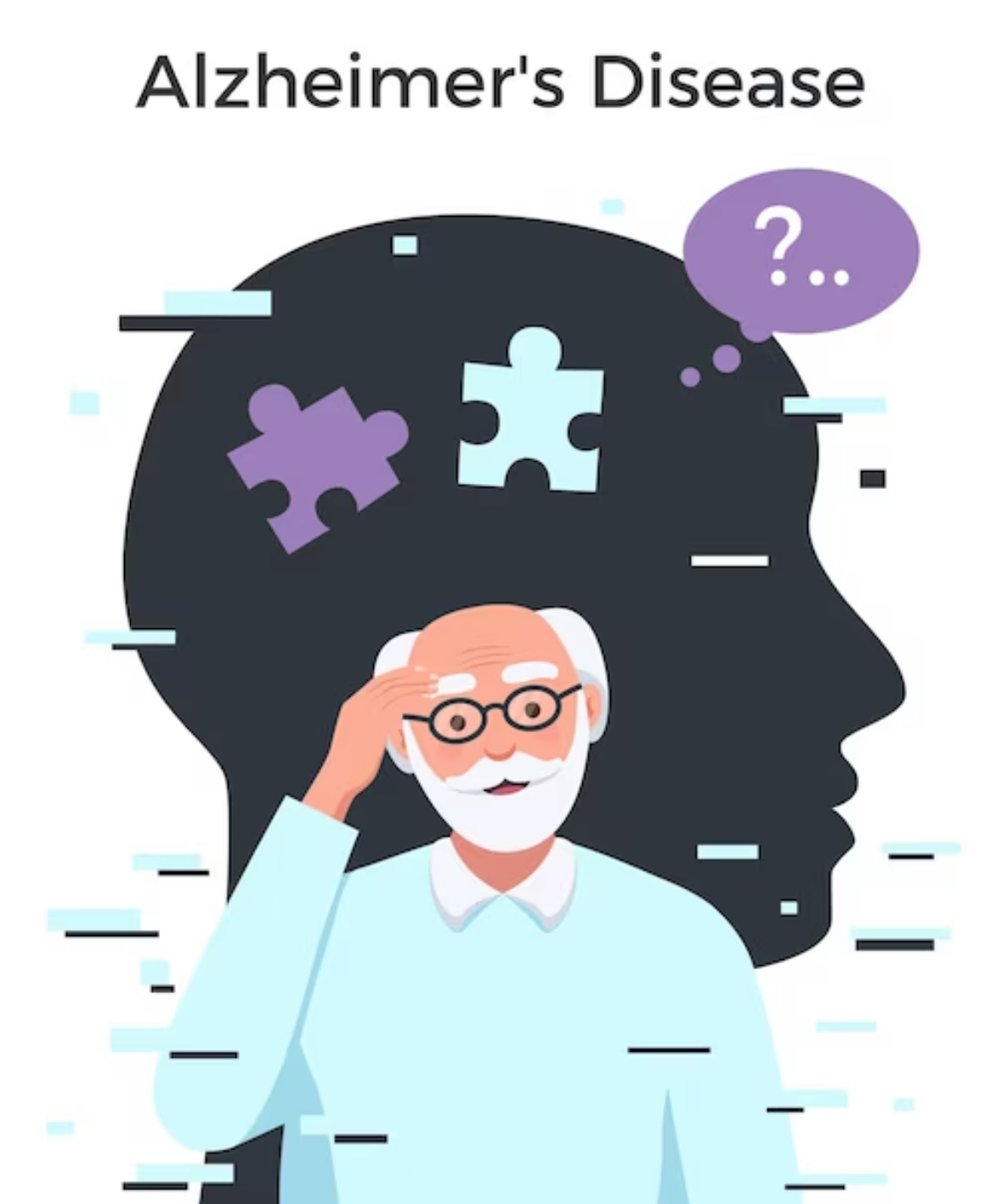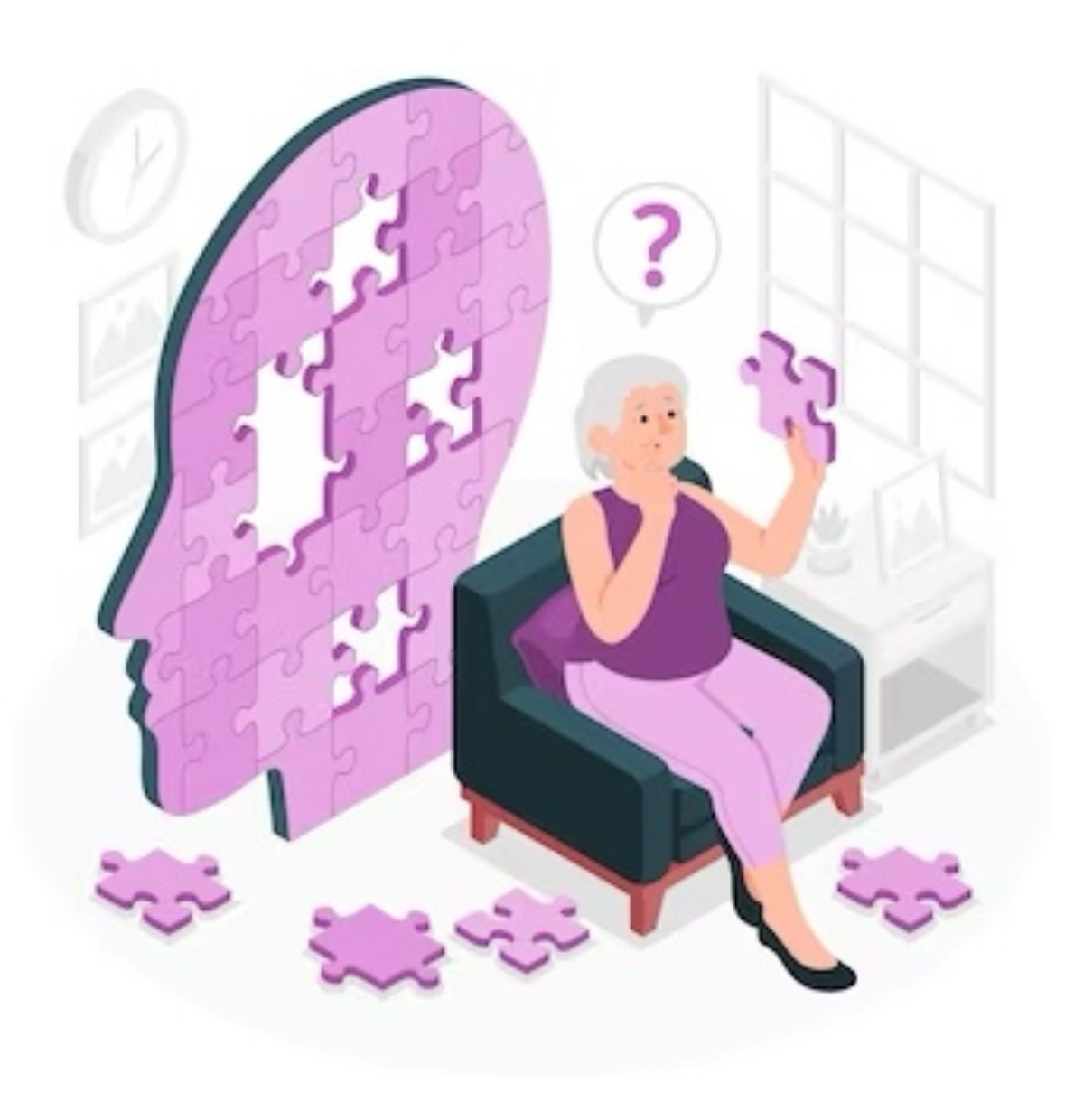Alzheimer's disease is a degenerative brain illness that impairs cognitive abilities and eventually leads to behavioural changes. The disease is defined by aberrant protein deposits in the brain and is the most common form of dementia among the elderly. Recognising the usual signs early on is essential.

Memory loss is one of the most common early signs of Alzheimer's. Difficulty remembering recent events or frequently asking for the same information are indicators. Problem-solving and planning can also become challenging, affecting tasks like managing finances or following recipes. Confusion and disorientation about time and place, even in familiar surroundings, may occur. Language difficulties, such as finding the right words or repeating oneself, can also be present.

Impaired judgement and decision-making are common in Alzheimer's patients. Poor choices in personal hygiene, grooming, and safety may be observed. Mood swings, increased irritability, and personality changes can also be early signs. Loss of interest in previously enjoyed activities, work, or social engagements is common, leading to withdrawal from hobbies and social interactions. Problems with visual perception, such as difficulty reading or judging distance, can occur as well.

It's important to note that symptoms may vary in severity and progression. While occasional forgetfulness is normal with ageing, Alzheimer's symptoms go beyond age-related memory changes and worsen over time. If you or someone you know is experiencing these symptoms, it's crucial to consult a healthcare professional for evaluation and diagnosis. Early diagnosis allows for better disease management and access to available treatments and support services.
Ⓒ Copyright 2023. All Rights Reserved Powered by Vygr Media.


















